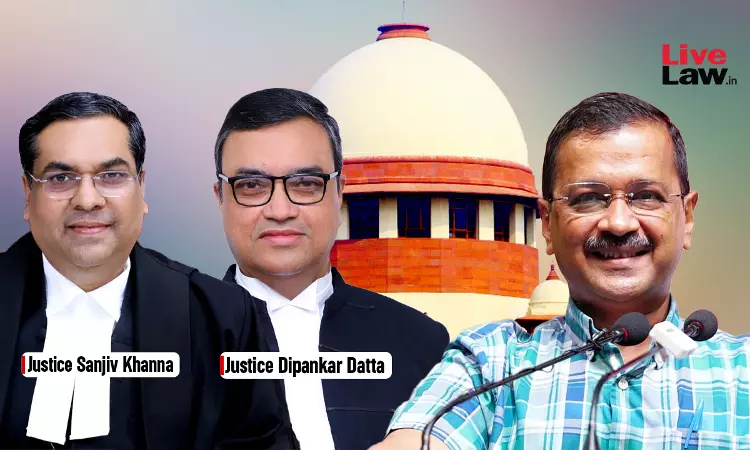'If ED Arrest Ignores Materials Favouring Accused, Won't It Be Ground For Bail?' : Supreme Court While Hearing Arvind Kejriwal's Plea
Debby Jain
16 May 2024 4:23 PM IST

The Court told the ED that post-arrest materials cannot be used to justify arrest.
Next Story


